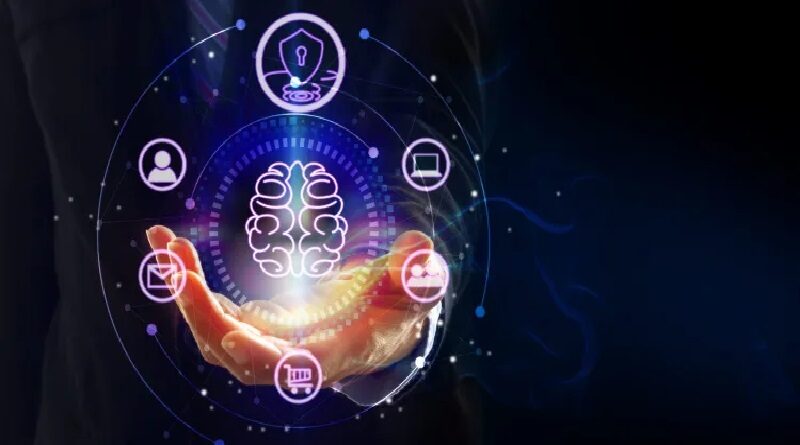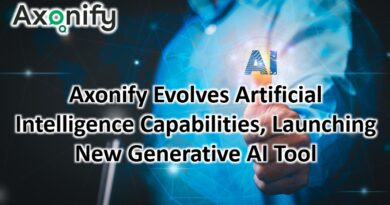Neptune.ai raises $8M to streamline ML model development
Neptune.ai, a Polish startup that helps enterprises manage model metadata, today announced it has raised $8 million in series A funding.
Whenever an organization experiments with machine learning (ML) models, every iteration that they go through results in metadata such as references and insights from the datasets being used, code versions, environment changes, hardware, evaluation and testing metrics, and predictions. This information is constantly evolving, leaving a complex trail of version histories. So, when something goes wrong, it becomes incredibly difficult for the ML engineers to unpick what caused the issue and when.
When I came to machine learning from software engineering, I was surprised by the messy experimentation practices, lack of control over model building and a missing ecosystem of tools to help people deliver models confidently. It was a stark contrast with the software development ecosystem, where you have mature tools for devops, observability, or orchestration to operate in production,” Piotr Niedźwiedź, founder of the Neptune.ai
Neptune.ai metadata store
To solve the challenge, Niedźwiedź spun Neptune.ai out of his previous company, providing enterprises a dedicated metadata store that gives a central place to log, store, display, organize, share, compare and query all metadata generated during a machine learning model lifecycle.
The repository, enables ML developers to easily backtrack ML experiments and have complete control over their model development efforts without worrying about dealing with folder structures, unwieldy spreadsheets and naming conventions common today. It offers enterprises unprecedented insight into the evolution of their models and also saves time and money by automating metadata bookkeeping.
Previously, companies had to hire extra people to implement loggers, maintain databases or teach people how to use them.
Growth
Since its launch, Neptune.ai has roped in more than 20,000 ML engineers and 100 commercial customers, including Roche, NewYorker, Nnaisense and InstaDeep. The usage of the platform has grown eightfold over the past eight months while revenue has surged by four times.
However, it is not the only player offering tools to aid artificial intelligence (AI) developers. Commercial and open-source platforms such as Weights and Biases, TensorBoard and Comet are also active in the same space, helping enterprises track, compare and reproduce their ML experiments.
Neptune wins (against these platforms) on flexibility and customizability, great developer experience and focus on solving one component of the MLops stack (model metadata management) really deeply,”
While most companies in the MLops space try to go wider and become platforms that solve all the problems of ML teams, we want to go deeper and become the best-in-class component for model metadata storage and management,” Piotr Niedźwiedź, founder of the Neptune.ai
The latest round of funding, which was led by Almaz Capital, will help the company inch toward this goal. It will grow its product and engineering teams to further improve the metadata store and augment the workflows of ML engineers and data scientists.
In the coming months, the plan is to focus on improving the platform’s organization, visualization and comparison capabilities for specific machine learning verticals, including computer vision, time series forecasting and reinforcement learning, as well as supporting core model registry use cases and creating more integrations with tools in the MLops ecosystem.




